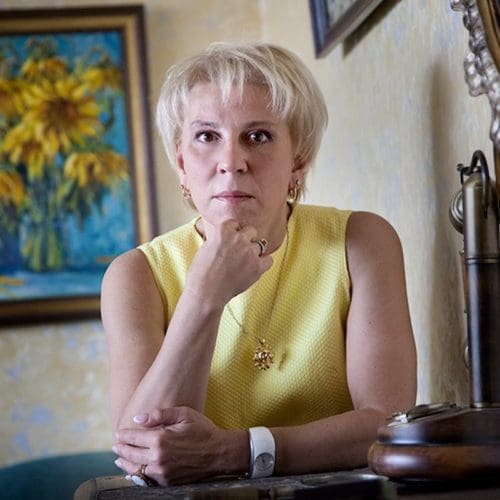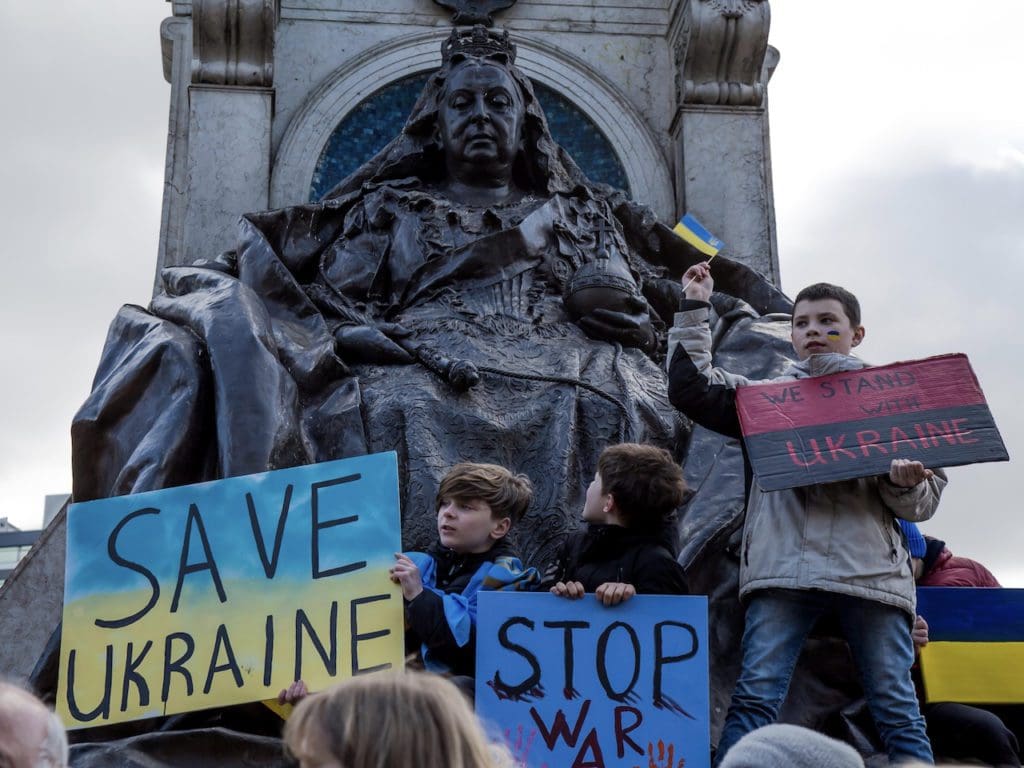Russian professor leaves homeland, speaks out against War and starts Free University for displaced Russians
For months, we didn’t know what to tell our grandchildren. We feared for their futures and safety, but also for their education in a country so corrupt.
- 2 years ago
September 5, 2023

RIGA, Latvia — The morning they announced Russia’s invasion of Ukraine on the television, I stood frozen in the middle of my living room in complete disbelief. I felt a sharp cold shiver run down my spine as the entire room filled with a heavy silence. How did we get here? What could possibly justify such an inhumane war? Watching the missiles launch from Russia felt like I was part of the violence simply by being in the same country as a president capable of such atrocities. Prior to the beginning of the war, we already felt something terrible was coming.
For two long months, we waited in fear, as our anxiety ate away at us. Every morning, I rushed to the television with a heavy heart to see if the worst had happened. I knew Putin was serious, and that sickened me. So, when the call to war suddenly came, I felt completely helpless. For days after, I struggled to get my mind to focus on anything else. It gnawed at me, riddling me with guilt and pain too overwhelming to bear. My heart sank thinking of the people of Ukraine. I knew I could no longer stay in Russia. I needed to leave and take as many people with me as I possibly could.
Read more stories about the war in Ukraine at Orato World Media
Before they announced the war, we slowly witnessed a horrible decline in our human rights in Russia
With illegal procedures, serious violations, and new policies put in place to limit the safety of the Russian people, we felt there was more to come. In some way, we all knew it, but we refused to accept it. I saw Putin as a dictator, protected from all sides, careless with his violence. A group of Russian law professors, which I was part of, actively spoke out against the violations Russians were subjected to. Though we still had academic freedom at the start, we feared we would soon be silenced. My husband and I left Russia to go to Latvia, where we felt we could be safe.
While a lot of my loved ones remained in Russia, the country no longer felt like my own. It felt divided. Once in Latvia, I wanted to do my best and save other professors and students. With the help of the European Union, we managed to get jobs for many of the Russian professors by sending them to schools in different countries bordering Russia. Some colleagues and I started a Free Moscow University, a university independent from the State, where we could teach freely. Professors and teachers of different universities all joined forces to work with students in a new way.
I also wrote many letters to different embassies and authority figures in the hopes to secure the professors with visas and help relocate them to safer countries where they could resume teaching. The process felt long and arduous, but I remained motivated throughout. While we were in Latvia, we started an organization to help us get funding. Now, our organization helps over 200 Russian speaking professors and 50,000 students, who all receive free education through our university. It felt nice to do some good in the midst of such a terrible time in history.
My heart breaks for all the displaced children of Russia, unable to understand the situation in their home country
For months, we didn’t know what to tell our grandchildren. We feared for their futures and safety, but also for their education in a country so corrupt. On May 4, my son and his children left Russia in the middle of the night and finally joined us. Five months later, we relocated the rest of my grandchildren to Latvia. Having them near us again felt surreal. The reunion brought us all to tears. I felt so sad thinking of all the children still in Russia, unable to comprehend what is happening.
What will the school books say about this war? How will we ever come to accept it? After the missiles launched, it felt as though the world harbored animosity towards us Russians. Every time I met Ukrainians, I felt I had to apologize to them on behalf of my country. It felt absolutely shameful. Personally, I do sometimes miss Russia for the wonderful memories I had there growing up. However, any country that can begin such a terrible war feels alien to me.
My work, my family, and my focus on the mission to help displaced Russians mean everything to me. Latvia and its people welcomed us openly and allowed my work to continue smoothly. For me, that is all I need. I wake up every day with the hope that this violence will come to an end, that the people of Ukraine get their justice, and that the separated families may reunite. Until that day comes true, my focus remains on saving my people and giving them an education.



































































































































































































































































































































































































































































